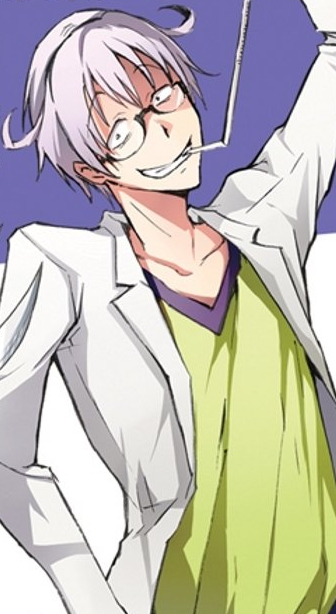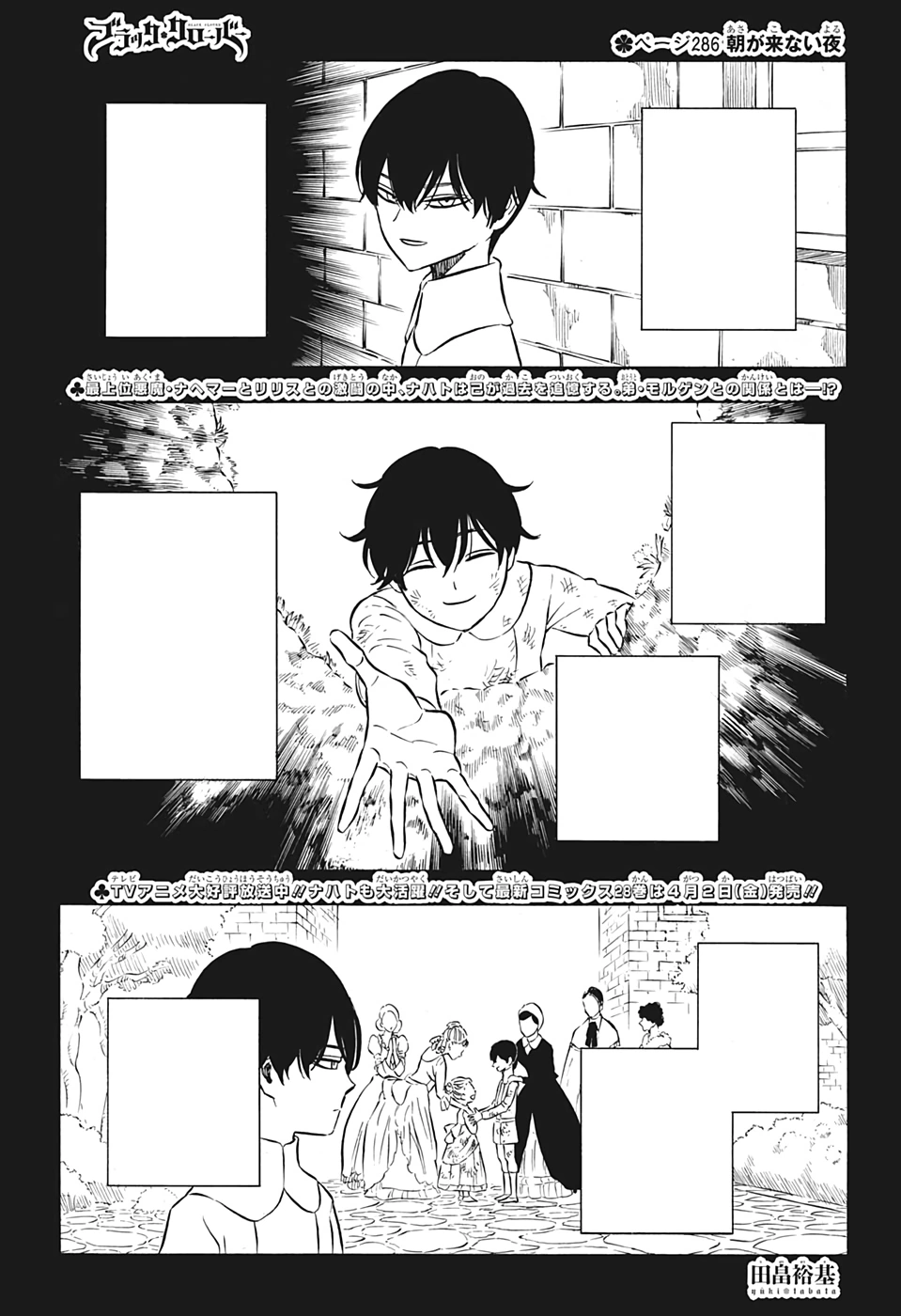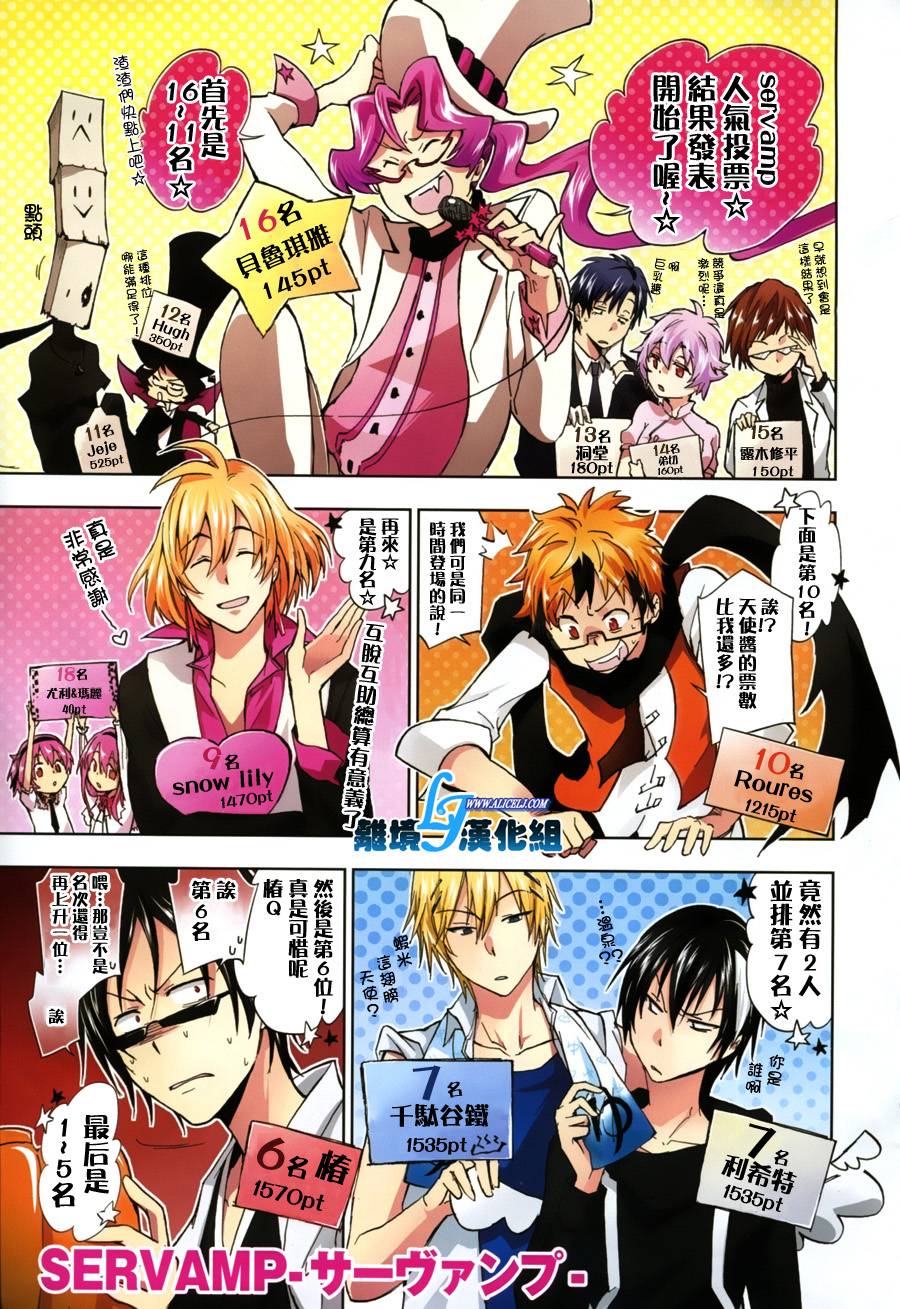

He and Mephisto temporarily resolve an economic crisis by magic. He seems to recognize that he won’t be able grasp the light itself, but only its refracted colors. Part 2 begins in “Pleasant Landscape.” Faust awakens and determines his quest is to take his experiences of Part 1 to the greater world. Goethe described Part 2 as being “subjective.” Whereas Part 1 was a story of one-on-one personal contacts, Part 2 concerns itself more with the individual’s relationship to society and the world. Part 1 concludes with Gretchen awaiting her execution and calling out to Faust, while he slinks away subserviently with Mephisto. Along the way Faust has killed Gretchen’s brother and has been the agent of her mother’s death.

Eventually with Mephistopheles’ magical help Faust conquers his prey. This young and rejuvenated Faust falls into love, or at least lust, with the young, naive Gretchen. Then he takes Faust to the witches kitchen where Faust’s youth is restored and he is given a vision of feminine beauty, Helen of Troy. Mephistopheles takes Faust to a tavern, which is totally unattractive to him. If Mephistopheles can give him that moment, Faust surrenders to him. In this wager Faust is certain that earthly life cannot provide him the unsurpassable moment in which he would choose to live forever. Traditionally Faust sells his soul to the devil for a stipulated number of years and becomes property of the devil for eternity.

When he meets Mephistopheles, they form a pact or wager. This attachment will be his most difficult task to break. He concludes that man cannot truly “know.” His desire is to know what holds the world together at its innermost core, and, since academic rigors have been unsuccessful, he has turned to magic. He grants Mephistopheles permission to tempt and seduce him to the dark side, but states: “ A good man in his darkest moments is still aware of the right path.” Faust is a highly acclaimed and accomplished scholar, who is disenchanted by academia. God sees Faust as his flawed, struggling servant. Part 1 was termed by Goethe as being “objective” and has a relatively straight forward story line.


 0 kommentar(er)
0 kommentar(er)
